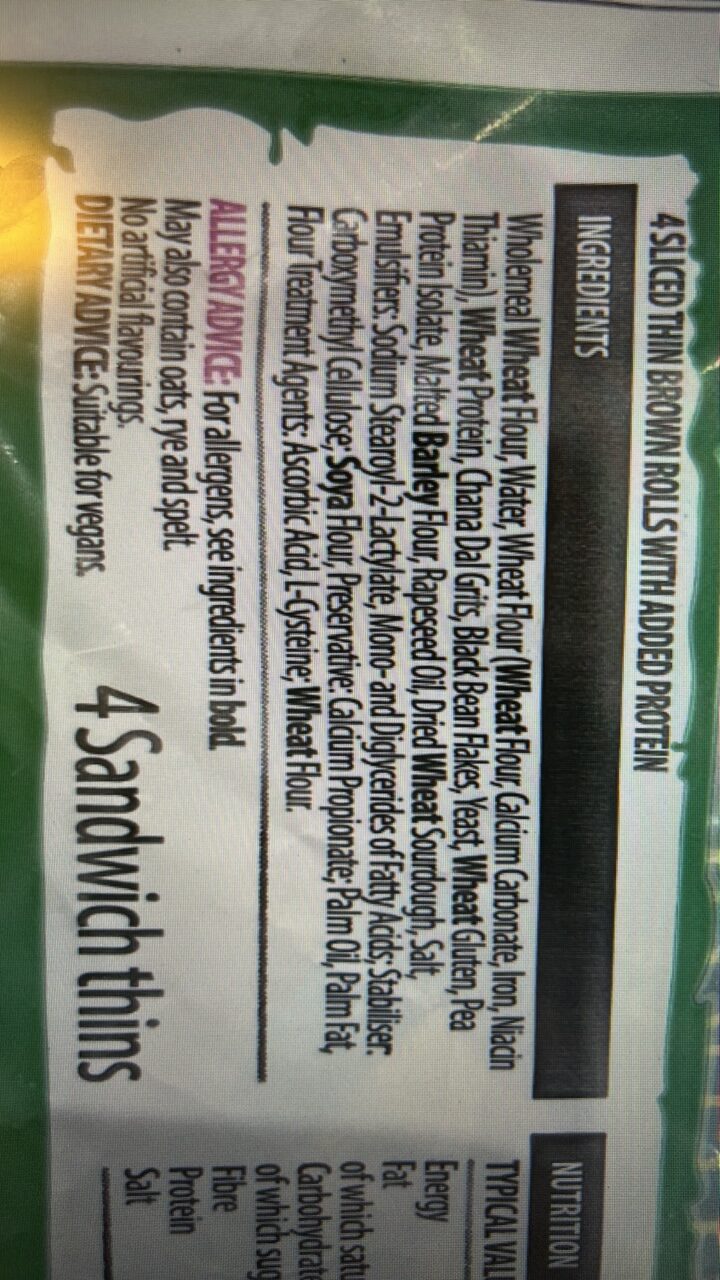
Barcode: 4088600445670
unknown
HALAL
📝 Reason: The product is considered Halal as it does not contain any Haram ingredients or E-codes. However, the presence of l-cysteine, which can be derived from non-Halal sources, introduces doubt unless Halal certification is provided. Islamic dietary laws emphasize the importance of consuming only what is Halal and Tayyib (pure and good). Quran 5:3 prohibits the consumption of carrion, blood, pork, and anything dedicated to other than Allah.
📄 Certificates: None
Ingredients:
Details
Understanding the Halal Status of ‘unknown’
The product ‘unknown’ is categorized as Halal, but it’s essential to delve into the details to understand why it holds this status. Islamic dietary laws require strictly adhering to what is halal (permissible) and tayyib (pure). This guide will analyze each ingredient, its Halal status, and what it means for consumers.
Overview of Ingredients
The ingredients list for ‘unknown’ is varied, ranging from plant-based elements to emulsifiers and preservatives. A comprehensive understanding of each ingredient’s Halal status is crucial.
- Wholemeal Wheat Flour: This plant-based ingredient is generally considered Halal. [Source]
- Water: An essential element for life, categorized as universally Halal. [Source]
- Wheat Flour: Another staple that is naturally Halal. [Source]
- Calcium Carbonate (E170): A mineral-based ingredient considered Halal. [Source]
- Iron: This mineral is also Halal. [Source]
- Niacin: A type of vitamin that is generally Halal. [Source]
- Thiamin: Another vital vitamin, Halal status confirmed. [Source]
- Wheat Protein: Plant-based, hence Halal. [Source]
- Chana Dal Grits: A Halal ingredient from legumes. [Source]
- Black Bean Flakes: Halal as a plant-based product. [Source]
- Yeast: Generally accepted as Halal. [Source]
- Wheat Gluten: Another plant-derived protein, Halal. [Source]
- Pea Protein Isolate: Plant-based, confirming Halal status. [Source]
- Malted Barley Flour: This ingredient is acceptable Halal. [Source]
- Rapeseed Oil: Plant-based oil, Halal. [Source]
- Dried Wheat Sourdough: Generally considered Halal. [Source]
- Salt: Universally Halal, another foundational element. [Source]
- Sodium Stearoyl-2-Lactylate (E481): An emulsifier, which is Halal unless derived from Haram sources. [Source]
- Mono- and Diglycerides of Fatty Acids (E471): These emulsifiers are generally Halal. [Source]
- Carboxymethyl Cellulose (E466): A stabilizer considered Halal. [Source]
- Soya Flour: Being plant-based, it is Halal. [Source]
- Calcium Propionate (E282): A Halal preservative. [Source]
- Palm Oil: A plant-based oil, classified as Halal. [Source]
- Palm Fat: Another plant-derived fat that’s Halal. [Source]
- Ascorbic Acid (E300): Vitamin C, universally accepted as Halal. [Source]
- L-Cysteine (E920): This ingredient raises some concern as it can be derived from human hair or duck feathers, making it doubtful unless Halal certified. [Source]
Conclusion
In conclusion, the product ‘unknown’ is primarily composed of Halal ingredients. However, the presence of L-Cysteine requires careful consideration. It is recommended to check for Halal certification for peace of mind before consumption. Always prioritize ingredients that are purely Halal, as stated in the Quran 5:3, which advises Muslims to avoid consuming what has been dedicated to others besides Allah.
